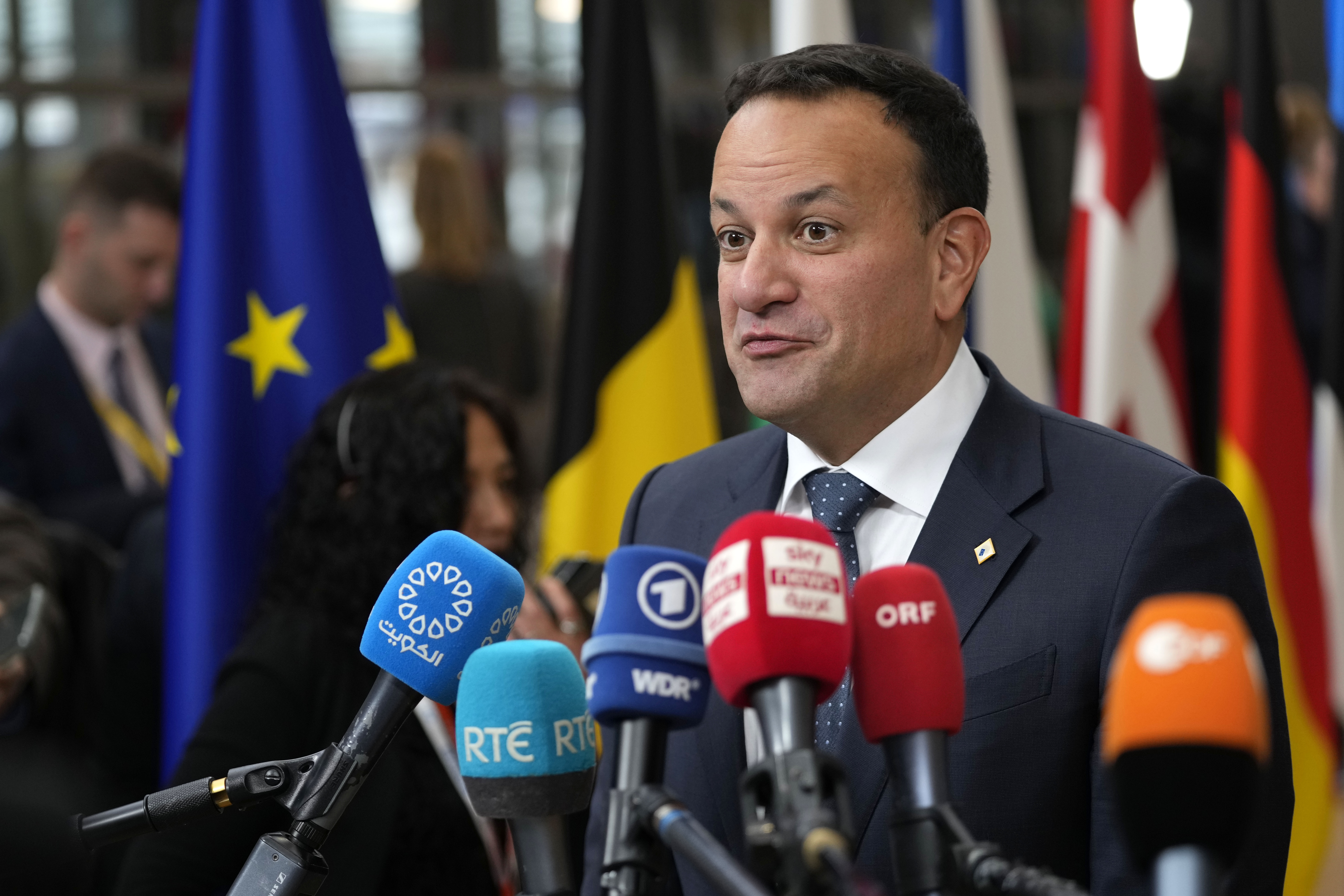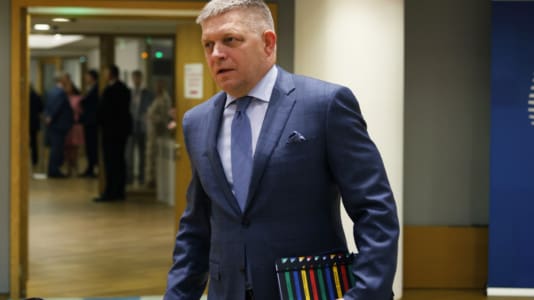Ireland is reaching its capacity of the number of refugees it can accommodate, Prime Minister Leo Varadkar has admitted.
Speaking in the Dáil, the lower house of the Irish parliament, on Wednesday, Varadkar revealed that his administration would struggle to handle another influx of migration next year if the number of new arrivals remained as high as it is currently.
It’s important to note that the Irish government has the ability and is primarily responsible for setting the number of refugees arriving in the country.
Local governments would not be in a position to provide accommodation to another 50,000 people “if that number arrived over the course of the next year,” Varadkar said, warning that such a figure was realistic based on current trends.
“Based on current numbers, it wouldn’t be far off that, and we just don’t know if we’re able to provide that level of accommodation,” he added.
The Irish prime minister told lawmakers that there is a “limit” to the number of refugees a country can provide for, and claimed that Ireland is “very much” at that limit currently.
The liberal leader’s realization of the pressures facing Ireland’s communities as a result of his administration’s asylum and immigration policy has been gradual.
Michael Leahy, the chairman of the Irish Freedom Party, told this site earlier this week that “Ireland has received a higher proportion of Ukrainian refugees per capita than any other EU country with the exception of Poland, despite being the country farthest from the war zone.”
[pp id=97073]
At the beginning of the Russian invasion of Ukraine in February last year, Varadkar issued a staunch commitment to mass migration and accepting as many refugees as possible.
By November last year, despite beginning to express some concerns about the number of new arrivals amid murmurs of discontent among local communities, the Irish leader said, “We’ll do everything we can to provide them with shelter, and that will range from accommodation in people’s homes to retrofitting old warehouses, office blocks, using hotels, using modular housing and rapid build.”
However, by May 2023, Varadkar began to accept the realities of the pressures on public services as a result of his government’s asylum policy.
In response to a letter by the Council of Europe’s Commissioner for Human Rights Dunja Mijatović, Varadkar admitted that “due to the sheer scale of the numbers arriving, in the midst of a pre-existing housing shortage in Ireland, there have been particular difficulties in sourcing sufficient amounts of
accommodation to meet the increased demand.”
Speaking at the European Political Community meeting in Granada, Spain, earlier this month, Varadkar revealed that Ireland has taken in over 100,000 refugees over the past two years.
The position he has now reached on the asylum crisis has been one held for some time by anti-mass migration activists and parties across Europe, many of whom would have been deemed “far-right” by Varadkar and his Fine Gael colleagues for holding such a view.
In a dramatic shift of policy, some coalition members of the Irish government are now advocating for time limits on benefits awarded to new arrivals after reports suggested that as many as 30 percent of Ukrainian refugees arriving in the country are doing so from other safe EU countries where the hand-outs aren’t as attractive.
[pp id=97052]
“It is true that people are coming from EU countries to have allowances here and accommodation,” Viktoria Tymoshchuk, who works as an activities facilitator for the Ukrainian Network in Ireland, told Newstalk earlier this week.
“They’re fishing for opportunities. We cannot blame them because it is war and all the people are fishing for opportunities,” she added.
The matter of social welfare for Ukrainian nationals was raised in the Irish cabinet this week after Equality Minister Roderic O’Gorman submitted proposals to impose a time limit on state-funded accommodation of 90 days.
The plans put forward by the Irish Green Party politician were contested by ministers from his coalition partner Fianna Fáil, who expressed concerns that restricting benefits to a limited time period would increase pressure on the Department of Housing, led by Fianna Fáil’s minister, Darragh O’Brien.






